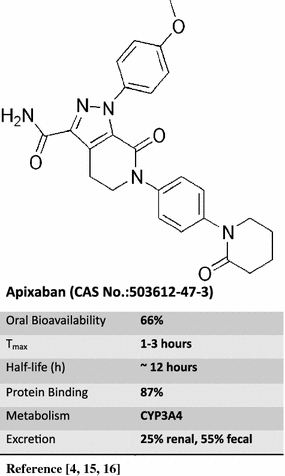
If the patient is at low thromboembolic risk (e.g., atrial fibrillation with CHA 2DS 2-VASc score 3 months prior), then discontinuing anticoagulation is recommended. Once bleeding is controlled, patients should be assessed for restarting their anticoagulant.PCC can be used if andexanet alpha is not available. For patients taking factor Xa inhibitors, use of andexanet alpha is recommended for reversal.PCC or activated PCC can be used if idarucizumab is not available. For patients taking dabigatran, idarucizumab 5 g IV should be used for reversal.

Fresh frozen plasma can be used if a 4f-PCC is not available.

Reversal agents should not be used for most patients with a nonmajor bleeding event.įor patients taking warfarin or other VKA, use of a four-factor prothrombin complex concentrate (4f-PCC) is advised for reversal. Use of an anticoagulant “reversal” or hemostatic agent should be considered for life-threatening bleeding or major bleeding that does not resolve with initial management.

Antiplatelet therapy can also be stopped. Anti-factor Xa levels (either general or drug-specific) can be used to exclude clinically relevant levels for factor Xa inhibitors.įor patients with major bleeding or bleeding that requires intervention, use of vitamin K should be used to help reverse vitamin K antagonist (VKA).

When a major bleed occurs, temporarily stopping the anticoagulant and initiating measures to control the bleeding source are required. A major bleed is one that involves a critical site, leads to hemodynamic instability, leads to a ≥2 g/dl hemoglobin decline, or requires ≥2 units of red blood cell transfusion.The following are key points to remember from this American College of Cardiology (ACC) Expert Consensus Decision Pathway on Management of Bleeding in Patients on Oral Anticoagulants:


 0 kommentar(er)
0 kommentar(er)
